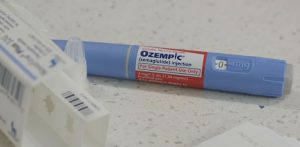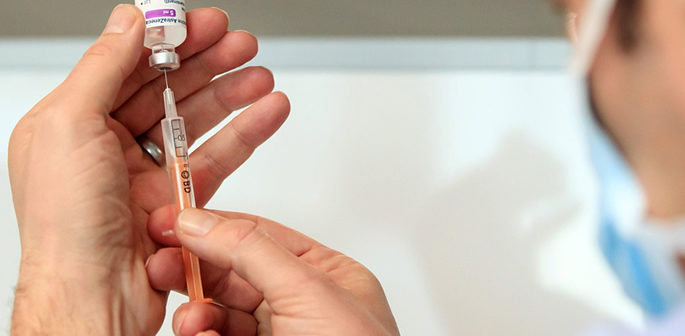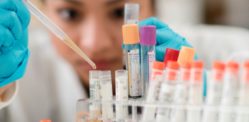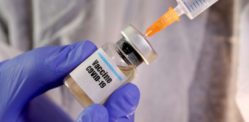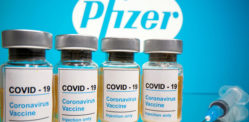"ethnic and racial minorities have been disproportionately burdened"
According to a report, many British Indians are reluctant to have the Covid-19 vaccine.
Research from The 1928 Institute, a think-tank led by academics from the University of Oxford, was carried out to shed light on how the pandemic has impacted Indians in the UK.
More than 2,320 British Indians responded to the research and it found that just 56% would take a Covid-19 vaccine.
However, the most selected response was “unsure”, at 31%.
Thirteen per cent said they would decline the vaccine.
The results confirmed those published by the Royal Society of Public Health, where 55% of Asian communities would take a vaccine compared to 79% of White respondents.
This is despite 57% of respondents saying that they identified as medium or high-risk from getting ill from Covid-19.
Dr Sridhar Venkatapuram, Director and Lecturer of Public Health at Kings College London, said:
“In the UK, ethnic and racial minorities have been disproportionately burdened by the negative impacts of the
pandemic.
“We have come to know this despite the government being unwilling to acknowledge inequalities in vulnerability, illness experience, health outcomes, and other consequences.
“This research provides urgent insight into the situation of British Indians. Importantly, the research also seems to show how British Indians have a pronounced sense of global health solidarity, perhaps because of their diasporic history.”
When asked why the 56% would take a vaccine, 35% said it is “the ideal solution to alleviate the pandemic”, 28% said it is their “civic duty” and 22% said the “risks of Covid-19 are higher than the risks of a vaccine”.
Out of those who were unsure or would decline the vaccine, the majority said they wanted more information on the vaccines.
There has been a reluctancy in British Indians taking a vaccine due to the spread of fake news. Misinformation that the vaccine contains animal products such as beef has fuelled this.
This has resulted in an NHS anti-disinformation campaign being created to debunk myths about the jab.
In addition, the report stated that 19% of British Indians felt that other people were more of a priority.
While British Indians are less willing to take a vaccine, women are less likely to take a vaccine compared to men.
The report also highlighted health effects among British Indians.
Thirty-nine per cent said the pandemic had worsened their mental health while 29% said it worsened their physical health.
This is alarming given that 76% of British Indians already face barriers in accessing mental health care due to the stigma they face when talking about mental health.
In the Focus Groups/Interviews, 97% of men discussed suicide when speaking about men’s health.
Respondents also felt that the guidelines on bubbles did not align with Indian family values as many do not have a traditional nuclear family living under one roof.
This left many people, especially the elderly, feeling isolated.
While there is an evident reluctancy among British Indians to have a Covid-19 vaccine, efforts are being made to encourage them.
For more information on the report, read Vaccines, The Pandemic and British Indians.




























